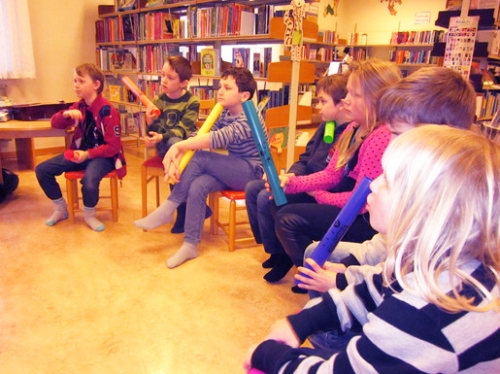
Asian Americans hold distinct positions across various professions, experiencing both significant underrepresentation in some fields and notable overrepresentation in others. The Asian population in the United States has grown substantially–an 88% increase over the last two decades. Despite this growth, disparities persist, with Asian Americans remaining underrepresented in numerous sectors. For instance, they comprise only 2% of teachers in the public school system. Some argue that Asian Americans have overcome racial discrimination by embodying the so-called “model minority” stereotype, often associated with higher levels of affluence and educational attainment compared to other minority groups, such as Black and Hispanic communities.
During the COVID-19 pandemic, a troubling trend emerged, with one in six hate crimes against Asian Americans involving physical violence and another one in six incidents reflecting social exclusion or avoidance. Additionally, more than one in nine cases suggested potential civil rights violations, such as workplace discrimination. Despite these challenges, the role of Asian American educators in advancing social justice remains largely understudied. While multicultural music education has occasionally incorporated their perspectives, comprehensive research on their experiences as minorities is limited. Applying the lens of Asian critical theory (AsianCrit) uncovers some of the distinct obstacles faced by Asian American music teachers and evaluates their impact on educational practices and policies.

In this context, educators of color navigate a dual challenge: resisting stereotypes tied to their heritage while preserving their cultural identities in educational environments that often push conformity to dominant white cultural norms. Building on critical race theory (CRT), S.D. Museus and J.S. Iftikar (2014) developed AsianCrit, a framework that merges CRT with insights from Asian American studies to address the complexities of Asian American experiences. AsianCrit has revealed the model minority myth as a tool of racial subjugation and illustrated how Asian Americans are strategically positioned in political debates, such as those surrounding affirmative action. The AsianCrit framework is deliberately pan-ethnic, recognizing that, despite their diverse backgrounds, Asian Americans experience racialization as a collective group. This shared racialization manifests through common challenges faced across Asian communities in the U.S., including racial isolation in educational settings, hostility, assimilation pressures, and racial silencing. By prioritizing race over ethnicity, AsianCrit facilitates a deeper exploration of how white supremacy and systemic racism shape broader racial dynamics, providing a critical lens for analyzing Asian American experiences.

Through the AsianCrit lens, racial dynamics reveal that many Asian American music educators struggle with identity and belonging in a system that often renders them invisible. The deeply ingrained perception of Asian Americans as perpetual outsiders challenges their legitimacy as Americans. Establishing affinity networks is not merely beneficial but essential for the empowerment of Asian American communities in educational spaces. These networks serve as more than safe havens–they act as catalysts for resistance and change, fostering solidarity and transforming dialogue into actionable progress and transformative action. Moreover, such networks should be integrated into educational leadership at multiple levels to promote culturally responsive teaching and dismantle monolithic narratives within curricula.
This according to “In/visible voices: Investigating Asian American music teachers’ experiences through the lens of AsianCrit” by Katy Ieong Cheng Ho Weatherly (Bulletin of the Council for Research in Music Education [spring 2024] 25–46; RILM Abstracts of Music Literature, 2024-8288).











